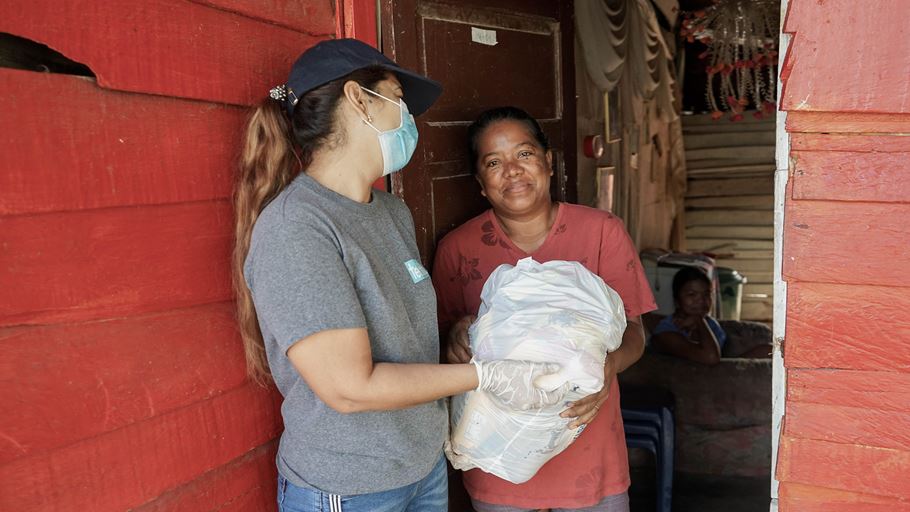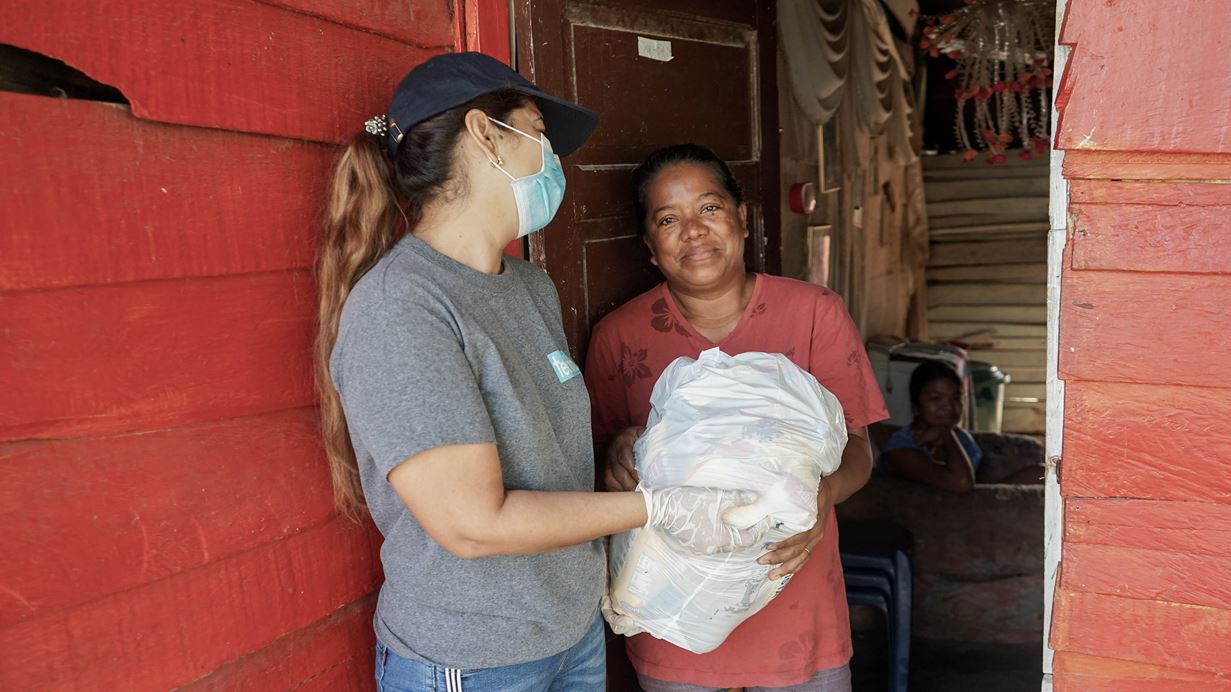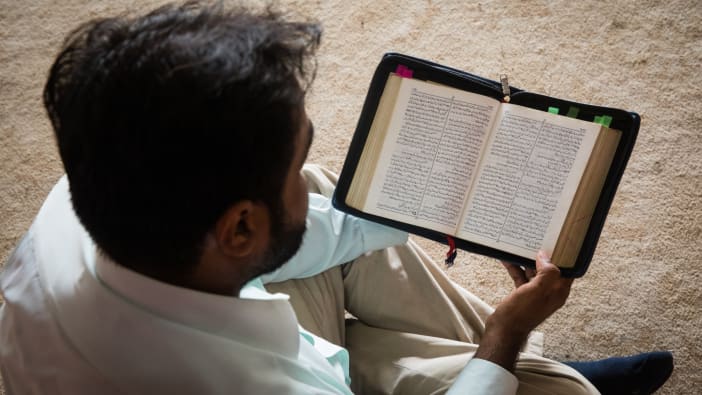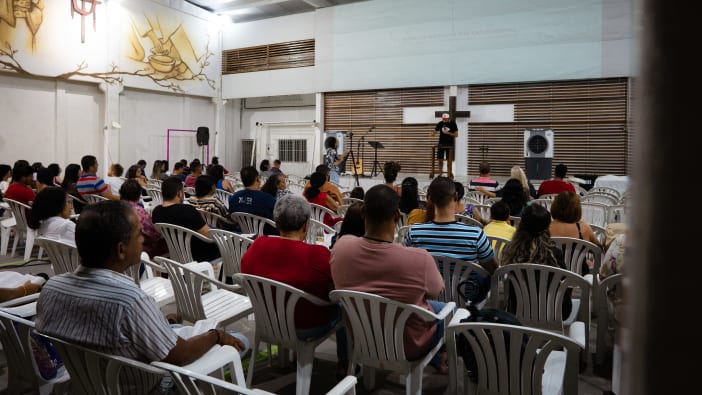In the early days of the coronavirus pandemic, as nations entered into the uncertainty of lockdown, we saw an outpouring of neighbourliness. Unable to venture away from our homes, we reached out, perhaps for the first time, to the people who lived around us.
This was a beautiful thing. Wonderful stories emerged of people helping each other in a time of need – a poignant demonstration of why community is so vital. Churches responded to local needs by supporting the bereaved and lonely, increasing food bank provision, and helping out in whatever ways they could.
Surely this was a perfect example of what Jesus meant when he told us that the greatest commandment, in addition to loving God, was to love our neighbours?
Not quite.
Not only would Jesus redefine what it meant to be a neighbour, but also what it meant to love.
Why help them?
There has been a dark counterpoint to the neighbourly love we have witnessed during the pandemic. In challenging times, there can be a tendency for nations to turn inwards. This has been evident in the UK government’s immoral decision to cut foreign aid, as well as the unwillingness of wealthy countries to share vaccine supplies with other nations.
Whenever an organisation like Tearfund launches an appeal highlighting the plight of vulnerable people overseas, there is always the same response from a small but vocal minority:
Charity starts at home.
‘Why should we help anyone in a country thousands of miles away when there are plenty of people in our own country who are struggling?’
‘Jesus said that the greatest command was to love God and love your neighbour, so surely that means that our focus should be on the issues that are closest to home?’
There are, of course, many serious needs that people are facing in our local communities. Many brilliant organisations are involved with such issues, and it is right to support them and respond to those needs. At Tearfund, we always encourage our staff and supporters to get involved in local causes: our work is founded on the principle that local churches can change the world.
But when Jesus said ‘love your neighbour’, he wasn’t just talking about the people next door, or even the people in the next town. So what exactly did he mean?
Fortunately for us, someone asked him that exact question.
A radical lesson
Jesus didn’t come up with ‘love your neighbour’. He was commenting on a Jewish law that predated his birth by centuries. The command to ‘love your neighbour as yourself’ is first found in the Old Testament book of Leviticus.
The command raises the question of ‘Who exactly is my neighbour?’ – a question that by Jesus’ time had already been fiercely debated by Rabbis for generations.
When a religious expert asked Jesus what his answer to this question was (Luke 10:25-29), he was asking where Jesus stood in this debate. Are our neighbours the people closest to us, the people of our own family, tribe or nation, or are they someone else entirely?

















